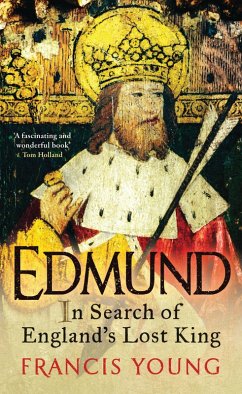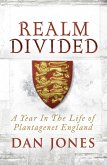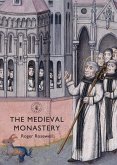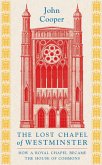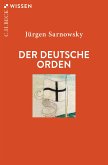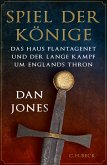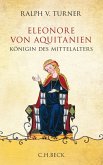What buried secret lies beneath the stones of one of England's greatest former churches and shrines? The ruins of the Benedictine Abbey of Bury St Edmunds are a memorial to the largest Romanesque church ever built. This Suffolk market town is now a quiet place, out of the way, eclipsed by its more famous neighbour Cambridge. But present obscurity may conceal a find as significant as the emergence from beneath a Leicester car-park of the remains of Richard III. For Bury, as Francis Young now reveals, is the probable site of the body - placed in an 'iron chest' but lost during the Dissolution of the Monasteries - of Edmund: martyred monarch of the Anglo-Saxon kingdom of East Anglia and, well before St George, England's first patron saint. After the king was slain by marauding Vikings in the ninth century, the legend which grew up around his murder led to the foundation in Bury of one of the pre-eminent shrines of Christendom. In showing how Edmund became the pivotal figure around whom Saxons, Danes and Normans all rallied, the author points to the imminent rediscovery of the ruler who created England.
Young's meticulous investigations provide a thorough, readable study of the different interpretations of Edmund's life, death, and posthumous cult interpreted through the existing textual, archaeological, and artistic source materials . [A] well-written and thoroughly researched book which provides a rare, long-view study of the cult of an important saint. Early Medieval Europe

